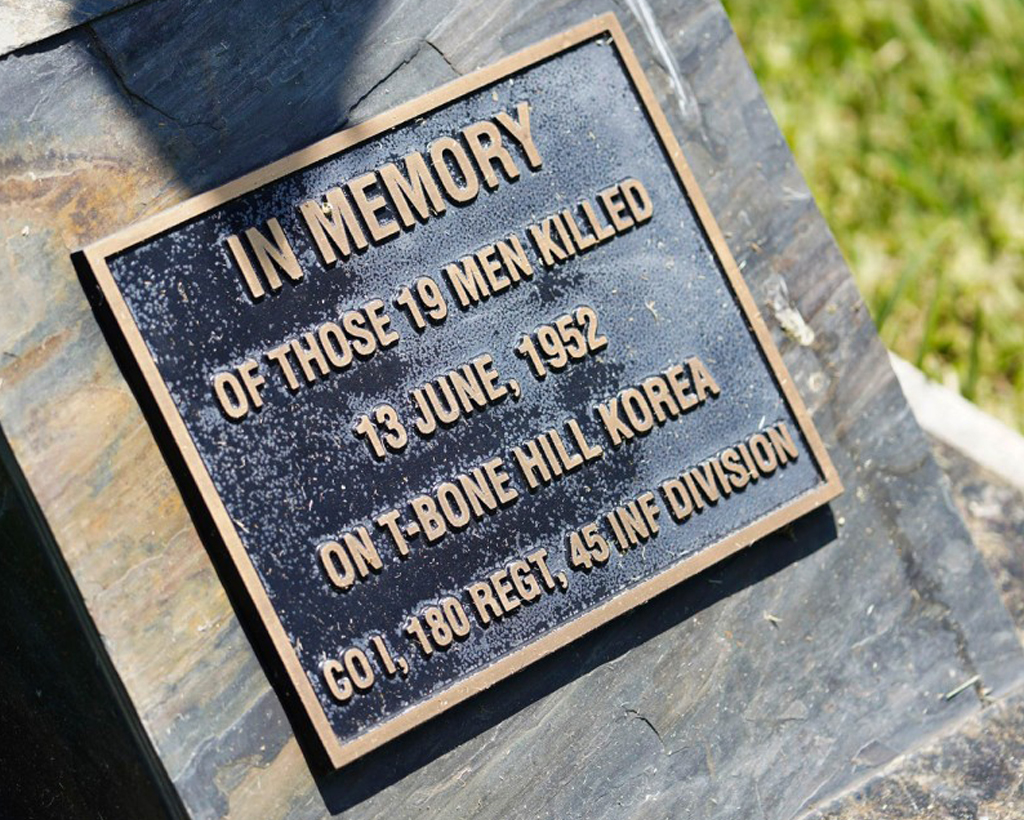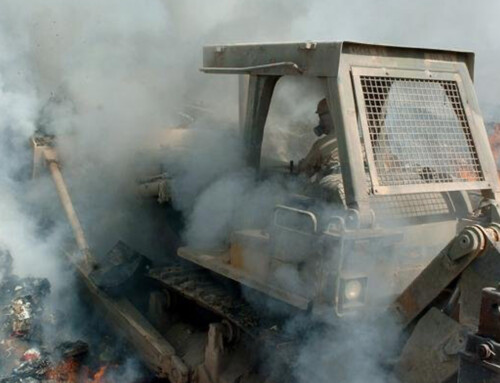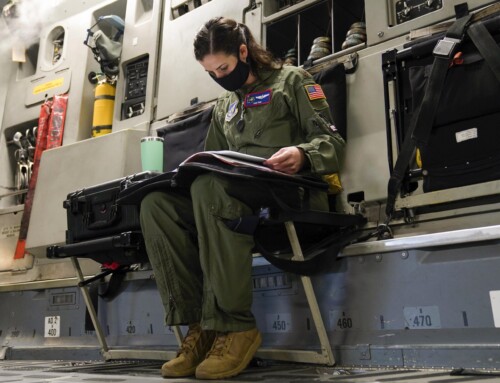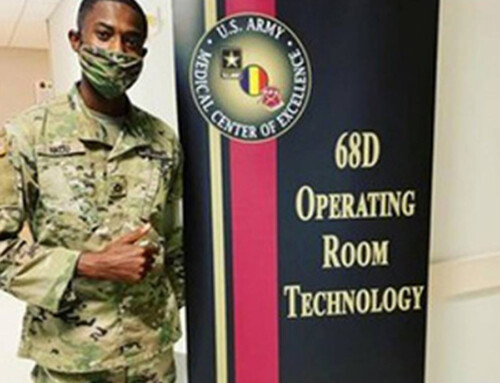Retired Army Lt. Col. William “Bill” Slavins made a plaque for his home in Seminole a few years ago to memorialize the men from his company who were lost in combat one night in the Korean War.
It was June 13, 1952. Enemy fire was strong on what was known as T-Bone Hill. Slavins remembers an explosion, the feeling of his body lifting up into the air from the blast, and then landing back on the ground. His left ankle was behind his left shoulder.
It was the injury that sent Slavins back to the U.S. for treatment. It was the battle that took his men’s lives. It was a war that Slavins, 92, and others hope that people will remember.
“It shows how we helped other countries,” Slavins said.
Thursday marks the 70th anniversary of the start of the Korean War. Veterans of the conflict are getting older, and others have passed away, driving home the importance of honoring their memories now, said Jongwoo Han, founder and president of the Korean War Legacy Foundation, based in New York.
“In five years, most of them will disappear from the earth,” said Han, originally from South Korea. “It’s very important to preserve their memory.”
About 400,000 U.S. survivors of the Korean War remain today, said Air Force veteran Paul Cunningham, 90, who is president of the national Korean War Veterans Association, based in Illinois.
A memorial at the St. Petersburg home of Bill Slavins, a retired Army lieutenant colonel who served in the Korean War. At the time Slavins made the memorial, he knew of 19 confirmed deaths from the battle he was in. He said on Tuesday he has since learned that the number of lives lost was 30.
TNS
The Korean War doesn’t garner the same attention as World War II, which preceded it, or the Vietnam War, which followed. But it should be remembered as a victory, Cunningham added.
The conflict began on June 25, 1950, after North Korea, with support from the Soviet Union, invaded South Korea. U.S. military forces and others entered the war on the side of South Korea.
“This was an action to stop the spread of communism,” Cunningham said.
He, Slavins and others remark on how much progress South Korea has made since their tours of duty in the war. They point to the country’s economic power and modern democracy as evidence that their fight was worth it.
And they feel honored at how South Korea has continued to express its gratitude to those who served. Most recently, the Republic of Korea donated half a million protective masks to be distributed among U.S. veterans for protection against the spread of COVID-19.
“We will use it to carry out our solemn mission of caring for our veterans,” said Department of Veterans Affairs Sec. Robert Wilkie in a statement. “It is also a sign of the deep and ongoing respect our two nations have for each other — cemented nearly 70 years ago in a time of war and great crisis.”
Han, of the Korean War Legacy Foundation, has collected and analyzed about 1,500 interviews with veterans from around the world who served in the war, as well as about 10,000 artifacts from these veterans.








